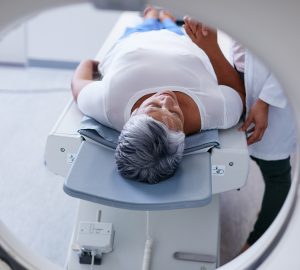Substance abuse, a chronic disease affecting millions worldwide, often isolates individuals from their communities and loved ones. Breaking this isolation is a critical step in the journey towards recovery. Group therapy, a cornerstone in the treatment of substance abuse, offers a unique and powerful approach to healing. This therapy modality not only helps individuals confront their addiction but also rebuilds the crucial sense of community and support often lost in the throes of substance abuse.
The Essence of Group Therapy
Building a Supportive Community
Group therapy creates a supportive network, fostering an environment where individuals can share experiences, challenges, and triumphs. This collective journey, guided by a trained therapist, helps participants realize they are not alone in their struggles. The shared experiences in group settings provide comfort and understanding, essential for recovery.
Learning Through Shared Experiences
In group therapy, members gain insights not just through their self-reflection but also by listening to others. This interaction provides diverse perspectives on coping strategies, relapse prevention, and managing daily stressors. It’s a space where members can learn from each other’s successes and setbacks, applying these lessons to their own recovery process.
Enhancing Communication Skills
Substance abuse often leads to strained relationships and poor communication skills. Group therapy offers a safe space to practice new ways of communicating, fostering empathy, and understanding. This improved communication is vital for mending and strengthening relationships outside the therapy room.
Accountability and Encouragement
The group setting naturally cultivates a sense of accountability. Members encourage each other to stay committed to their recovery goals, celebrating progress together. This mutual encouragement is a powerful motivator in the journey towards sobriety.
The Role of the Therapist
The therapist in group therapy plays a crucial role, ensuring a safe, respectful, and confidential environment. They facilitate discussions, guide the group through therapeutic activities, and help manage dynamics to ensure every member benefits from the session.
Efficacy of Group Therapy in Substance Abuse Treatment
Research underscores the effectiveness of group therapy in treating substance abuse. It’s not just about sharing stories; it’s a structured, therapeutic approach that addresses the psychological aspects of addiction. Studies show that participants in group therapy are more likely to remain sober and less likely to relapse, highlighting its vital role in long-term recovery.
Integrating Group Therapy with Other Treatments
While group therapy is powerful, it’s often part of a comprehensive treatment plan that may include individual therapy, medication-assisted treatment, and lifestyle changes. This integrated approach ensures that all aspects of an individual’s addiction and recovery are addressed.
Conclusion
Group therapy offers a unique and essential component in the treatment of substance abuse. It provides a space for connection, learning, and growth, all of which are crucial in the journey towards recovery. For those seeking a comprehensive approach to overcoming substance abuse, considering a Los Angeles drug rehab that includes group therapy as a core component can be a transformative step. Remember, recovery is not a journey to embark on alone; group therapy provides the community and support needed to navigate this challenging yet rewarding path.









